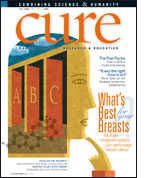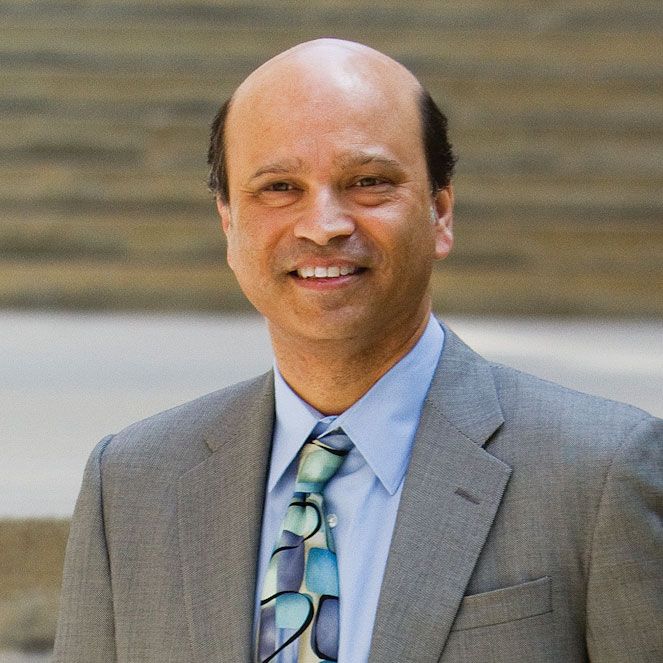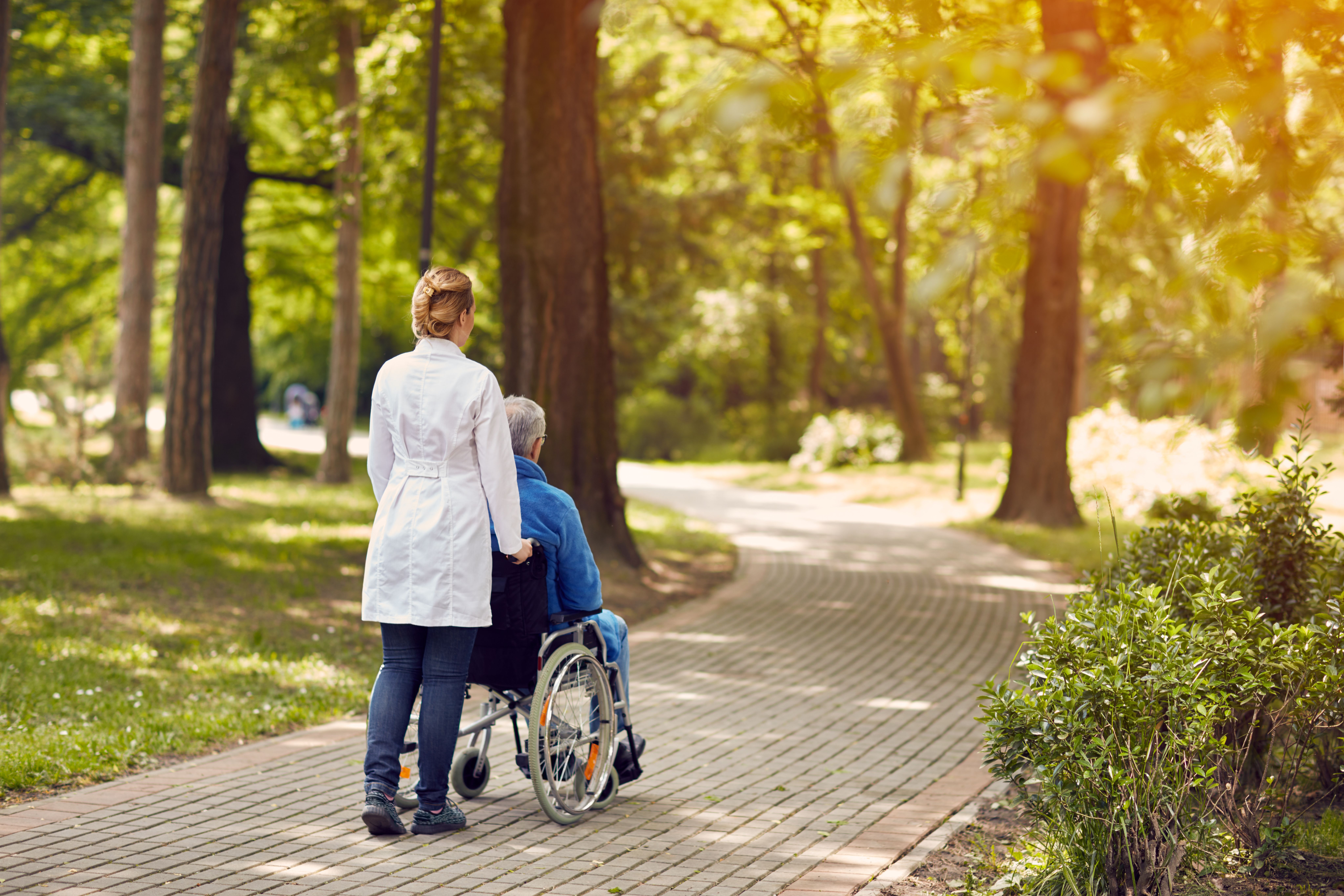Publication
Article
CURE
Re-Entry: Age & Gender
Author(s):
How patients negotiate the transition to their post-treatment life can be framed by a number of factors beyond their control, including age and gender.
How patients negotiate the transition to their post-treatment life can be framed by a number of factors beyond their control, including age and gender, clinicians say.
For older patients, those nagging recurrence fears can be amplified by arthritis, stomach problems, and other symptoms that can mimic cancer but have no connection, says Susan Leigh, RN, a cancer survivorship consultant based in Tucson. “You don’t feel safe in your body anymore,” she says. “You really have to figure out through trial and error what symptoms mean—is the cancer coming back or is it my arthritis?”
In other senses, though, older patients might benefit from a better honed emotional reserve and skill set, as they are more likely to have dealt with other major life crises prior to their diagnosis, according to several research studies. Older survivors also may not place as much pressure on themselves to immediately resume their previous life, says Priscilla Furth, MD, of Georgetown University’s Lombardi Comprehensive Cancer Center. Younger patients may feel more acutely the loss of time for family and career and attempt to jump back in before they are ready, physically or emotionally, she says.
Gender also can help shape the post-treatment stage, depending upon the prior roles assumed, Furth says. Men may view the return to work as a vital step back to normalcy, she says. Without that framework and focus, retired men can sometimes experience depression. Women may be slower to return to work or may change—if it’s financially feasible—the structure or hours of their job, Furth says. But they are more likely to be immediately faced with family caregiving responsibilities.
Of course, these are broad generalizations, Furth cautions. In practical terms, both men and women of all ages can delay seeking emotional help they might need, she says. For that reason, Furth designed a fitness and metabolism program to provide survivors with advice about nutrition, exercise, and other ways to rebuild strength and energy. But she also hopes survivors will take advantage of the psychosocial support the program offers, once they take that first step through the door.






